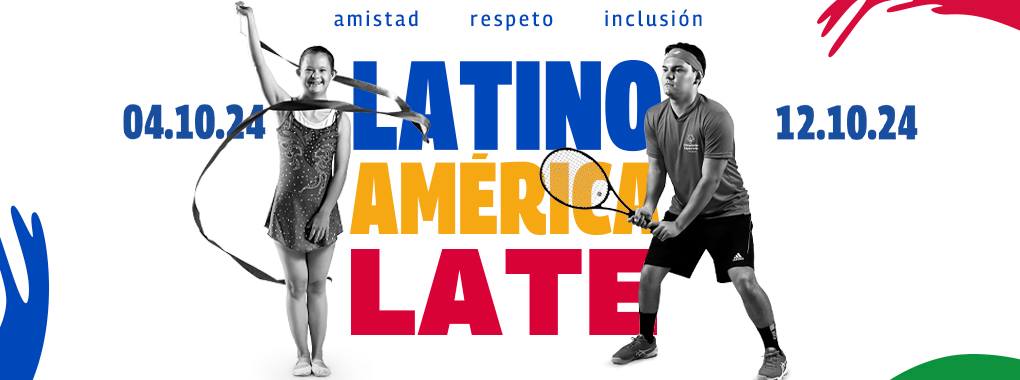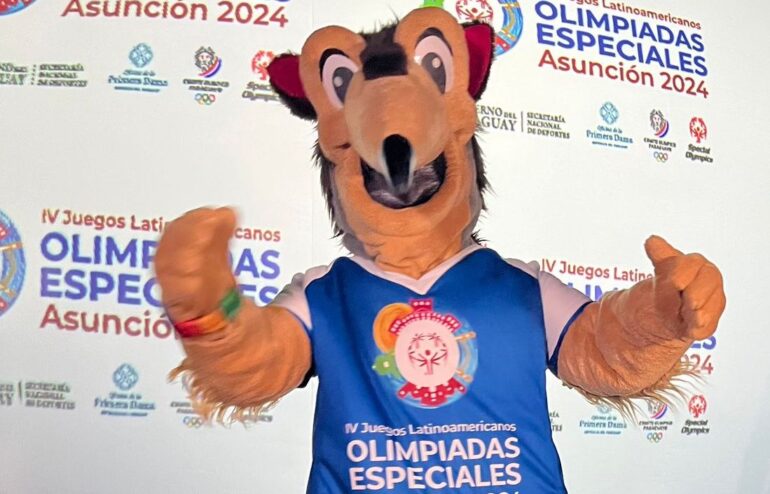The 4th Latin American Special Olympic Games will start this week in different amphitheatres of Asunción. Around 1000 athletes from 20 different countries in Latin America will come to the capital to participate in sporting events. The event would not be possible without the 2,000 volunteers.
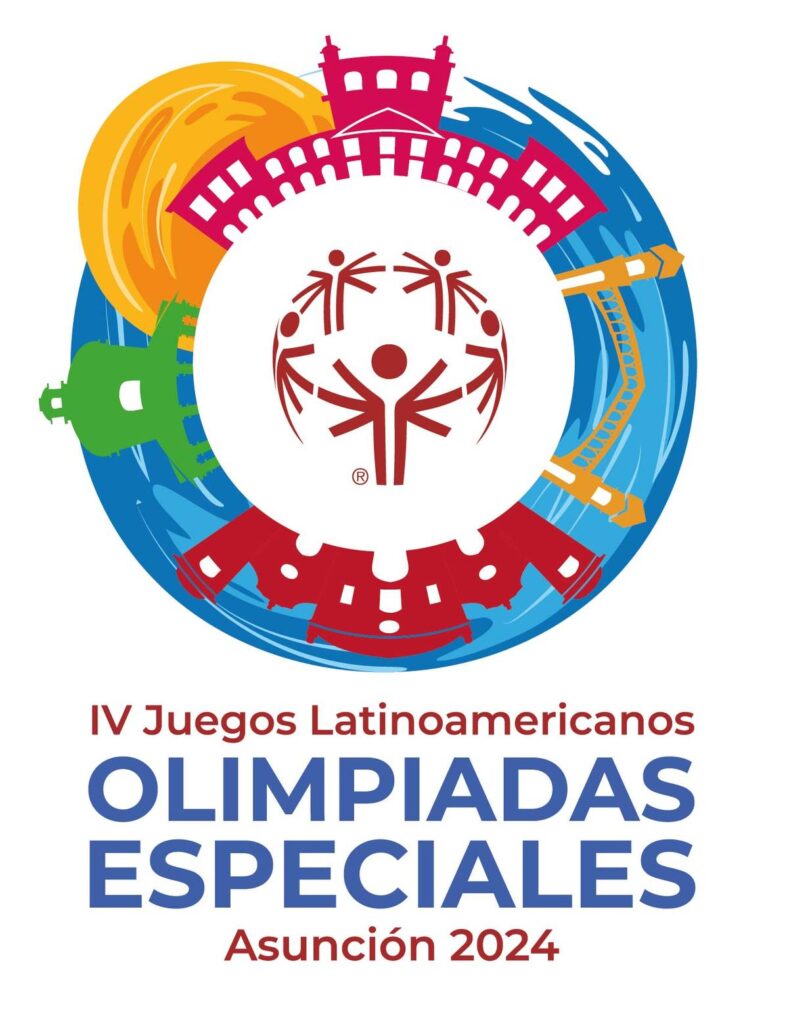
Special Olympics are very different than the Paralympics. In the Special Olympics, performing athletes have an intellectual disability, Down syndrome, autism, or another similar syndrome. In the Paralympics, athletes have a physical disability. You might also have noticed that the Special Olympics are not played during the Olympic months, and the event does not follow the Olympics and Paralympics. It is technically possible, but it would be a lot for the hosting city to have around six weeks of non-stop events clogging the city transportation system. Since it is apart, having its own calendar, it is also less frequent on television. Luckily for us, the Latin American Special Olympics Games will be transmitted on the Panam Sports Channel.
Athletes will participate in 13 competitive sports and one non-competitive sport. The official sports are athletics, 3-on-3 basketball, badminton, bocce, tennis, beach volleyball, rhythmic and artistic gymnastics, powerlifting, swimming, futsal, ping-pong, triathlon, and field hockey. The sport in a demonstration is taekwondo. Based on the results, it might be included in the future as an official sport. These events will be held in three different venues. The first one uses is the Paraguayan Olympic Center, the second one is the National Secretary of Sports, and the third one is the National Aquatic Center.
Multiple sponsors make the event possible. The biggest is the Government of Paraguay via the Sports Ministry Office and the National Secretary of Sports. With the help of the First Lady’s Office, the Paraguayan Olympic and Paralympic Committee, and the Paraguayan Section of the Special Olympics, they were the ones who made a push to welcome the event in Asunción. As for the corporations and businesses, the biggest ones involved are UX, Esplendor by Wyndham, Dazzler by Wyndham, and Paseo La Galería. Each delegation’s athletes, coaches, and Special Olympics Committees will stay at these hotels.
Like in every international sporting event, there is a mascot. This time, it is Tami, an anteater from the Chaco. The name comes from a word in Guaraní, referring to the animal. Tami means Oso in Spanish, like in Oso Hormiguero, the anteater. If you see images of the mascot, you will notice that it wears two different socks for people with Down syndrome.
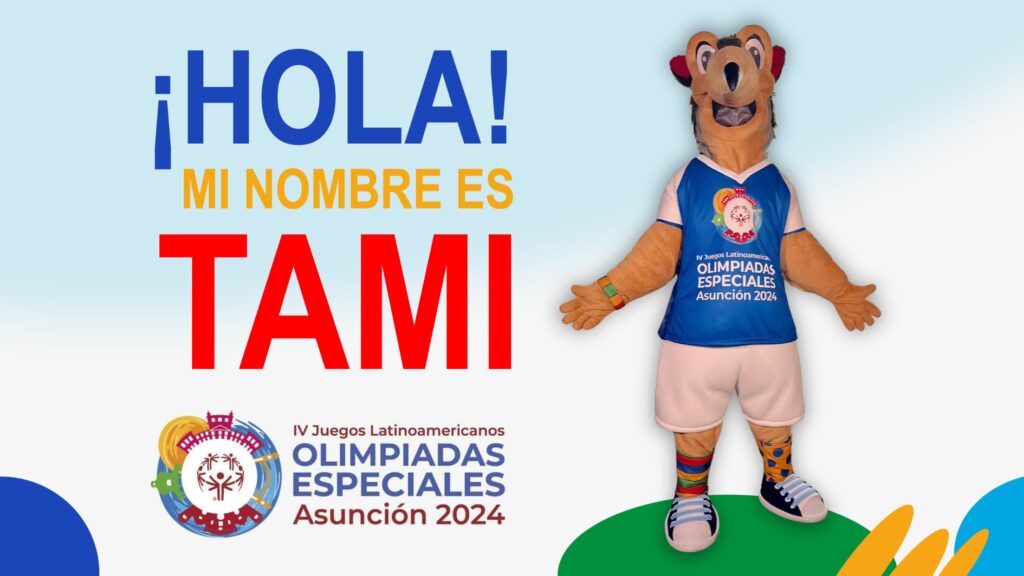
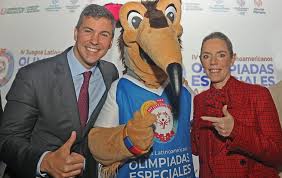
If you want to acquire items with the event logo, you can go to the shopping mall Paseo La Galería. They will sell merchandise until October 12, the end of the Special Olympics Games. You can buy different types of hats, shirts, bags, mugs, bottles, pens, socks, decorative macaroons, stickers, and many other items.
As you know, before the event starts in the Olympics, people, often athletes or celebrities, are running with a torch to reach the event’s location. In the Special Olympics Games, they also have a torch that travels around Paraguay to reach all the areas of the country. Logistics was complicated, considering all the wildfire raging around, but they made it. They started their trip on September 7.
The first official stop, with an organised event, was in the Chaco. They stopped on September 9 in Filadelfía, in the Departement of Boquerón, and in Villa Hayes, in the Departement of Presidente Hayes. On the 11th, the torch was moving around Concepción, in the department of the same name, and Fuerte Olimpio, in Alto Paraguay. On the 12th, it was in the region of San Pedro and San Estanislao. On the 13th, it went east to Pedro Juan Caballero in Amambay and Ciudad del Este in Alto Paraná. It continued to Salto del Guairá in Canindeyú and Coronel Oviedo in Caaguazú. It followed on the 15th in Caazapá, the region of the same name. On the 16th, it went south to Encarnación, in Itapúa, and Villarica, in Guairá. It continued southwest to Pilar, in Ñeembucú, and San Juan Bautista in Misiones. On the 18th, the torch was in Caacupé, in Cordillera, and Paraguarí, the department of the same name. With no official stop on the 19th, it concluded the next day in Areguá, in the Central Department.
Organising the torch run involves a lot of logistics and planning, and it can be challenging to imagine planning the whole event. The 3rd Latin American Special Olympics Games were organised in Panama from April 21 to April 28, 2017. Around 800 athletes and 200 coaches and trainers from 21 countries attended the event. One non-Latin country was invited to these games. It was Jamaica who brought a basketball team to the Special Olympics Games. Athletes were performing in 9 different sports in 8 different stadiums. These sports were athletics, men’s basketball, bocce, bowling, rhythmic gymnastics, swimming, tennis, ping-pong, and volleyball. Around 25,000 fans were present in the Estadio Rommel Fernández for the opening ceremony.
To get tickets for the 4th Latin American Special Olympics Games, go to tuti.com.py and create an account if you do not already have one. It is an app made not just for the games, as they propose tickets for all events. You then select where you want to go or where you want to watch.
For example, if you are interested in swimming competitions, you must click on the National Aquatic Centre, which is in blue. After you select the location, you choose the day you want to go. You must select the hour, even if only one option exists. It starts at 8 AM, and you have a day pass by default. You then choose the number of tickets that you need. Finally, you will also be asked to give them your Cédula number. If you do not have one yet, you can ask a friend to buy multiple tickets and get one for you. After all that, they will ask you how you want your ticket, by email or text messages.
While waiting for the beginning of the games, which you can see at one of the locations or watch on Panam Sports Channel, you can go to Spotify, Apple Music, Deezer, and YouTube to listen to the hymn of inclusion, Latinoamérica Late.
We wish all athletes luck at the 4th Latin American Special Olympics Games!
